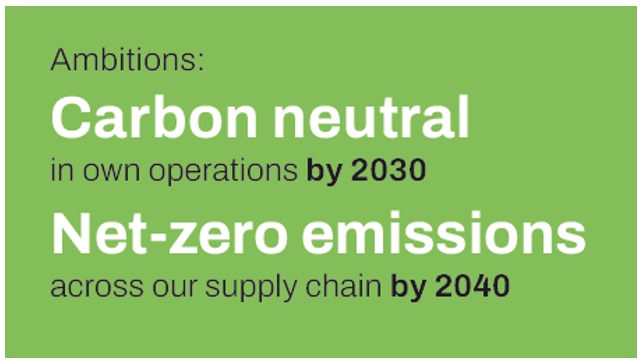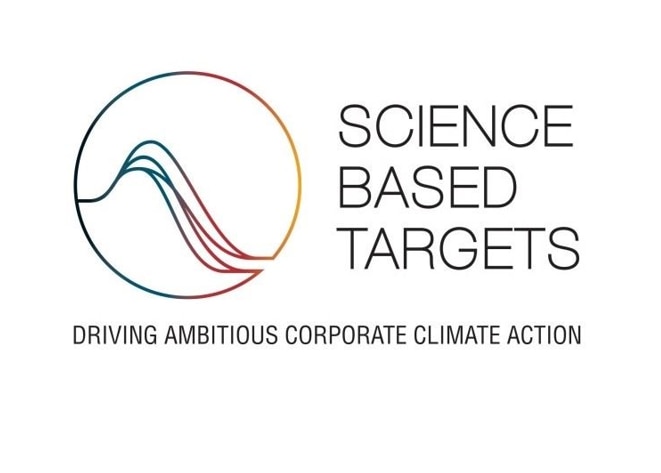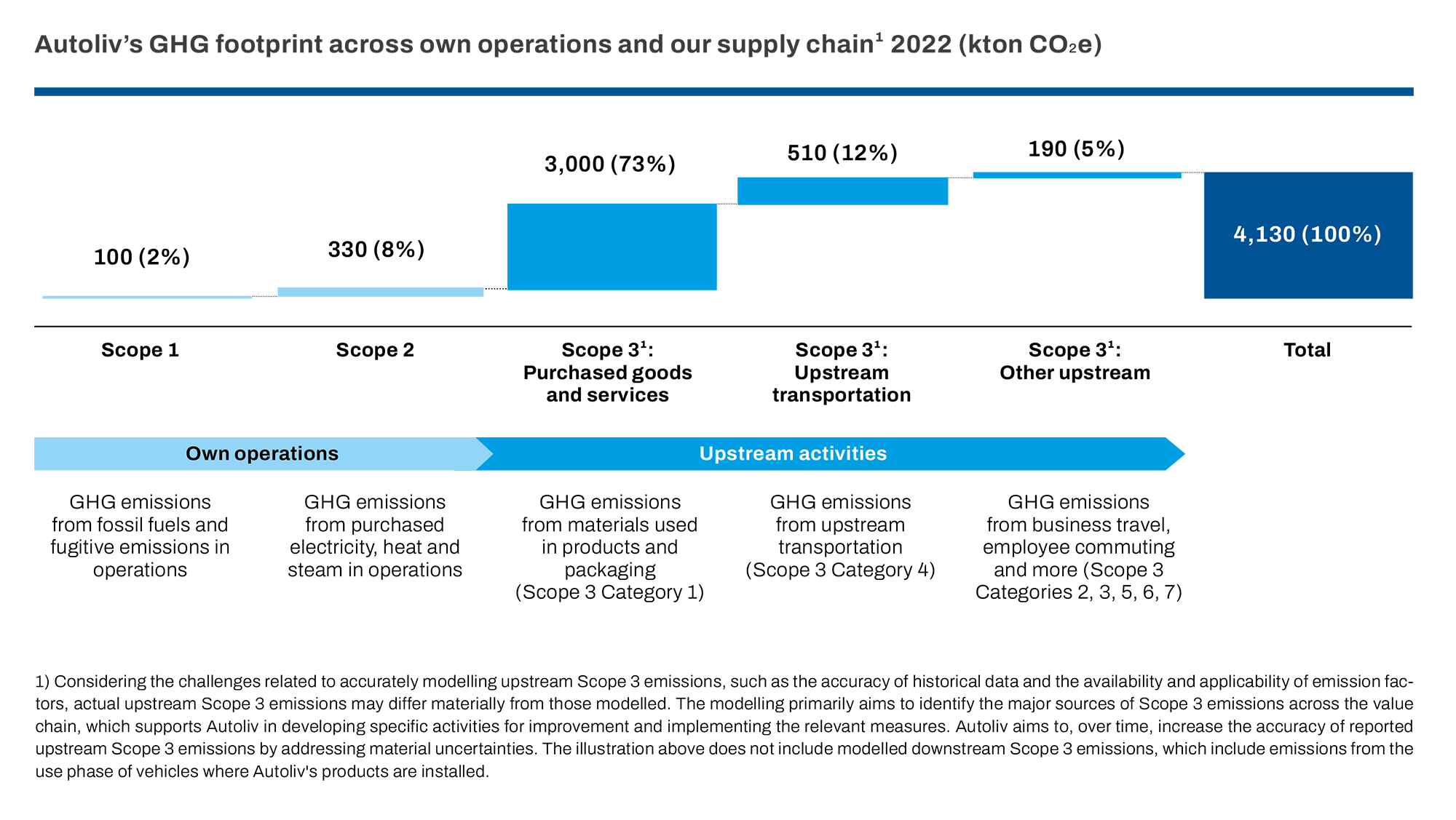
Our Priorities
Climate change and resource scarcity are global megatrends driving significant environmental, social, political, and economic changes, bringing both risks and opportunities for businesses. We are committed to doing our part to increase resource efficiency and to reduce our greenhouse gas footprint.

Our ambition and approach
We are committed to operating our business in an environmentally sustainable manner, meaning developing and producing products in a resource-efficient way while limiting our environmental impact in the most material areas of greenhouse gas (GHG) emissions, energy use, waste and water use. With particular emphasis on climate action, we actively engage with customers, suppliers and other stakeholders to take on the decarbonization challenge across the value chain and drive sustainable mobility.
Climate strategy
.jpg)
In June 2021, we announced our long-term climate transition plan to become carbon neutral in our own operations by 2030, and aiming for net-zero emissions across the supply chain by 2040.
“Autoliv’s vision of Saving More Lives, drives all our work. Sustainability is firmly rooted in our business strategy and as a market leader in our field, our efforts are aligned with the broader society’s agenda. To lead the way and being an active contributor to sustainable mobility and society is a business priority for us. It strengthens our market leadership and competitive edge”, says Mikael Bratt, President and CEO Autoliv.
As the first automotive safety components supplier, Autoliv is to become carbon neutral in its own operations by 2030, and furthermore aims for net-zero emissions across its supply chain by 2040. This places us among the frontrunners in the broader group of automotive suppliers. The plan covers the most material decarbonization levers such as increasing the use of renewable electricity in own and supplier operations, improve energy and materials efficiency, adopt low carbon logistics and low carbon materials and develop attractive low carbon product offerings to support our customers in their transformation to electrified, zero emission vehicles. Much of the work will be done in collaboration with suppliers and customers, such as the collaboration between Autoliv and SSAB to produce the world’s first fossil-free steel components in automotive safety products, and our partnership with Polestar to create the world's first climate neutral car.
We have also committed to the Business Ambition for 1.5°C Initiative and in January 2022, we adopted Science Based Targets covering own operations and the supply chain.

Our GHG footprint
To fully understand our GHG footprint as well as key climate-related risks and opportunities, we have carried out an extensive value chain GHG footprint assessment in accordance with the GHG Protocol Scope 3 Calculation Guidance. The assessment showed that for the emissions covered by our long-term ambitions, materials used in our production (in particular steel, textiles and other plastics, and magnesium) were the largest contributors, followed by emissions from logistics and electricity used in our own operations. Downstream Scope 3 emissions, in particular use-phase emissions, constituted the largest share of the total GHG footprint. Since we consider our possibility to reduce downstream Scope 3 emissions to be greatly limited, they are excluded from our long-term ambitions and Science Based Target covering Scope 3.
